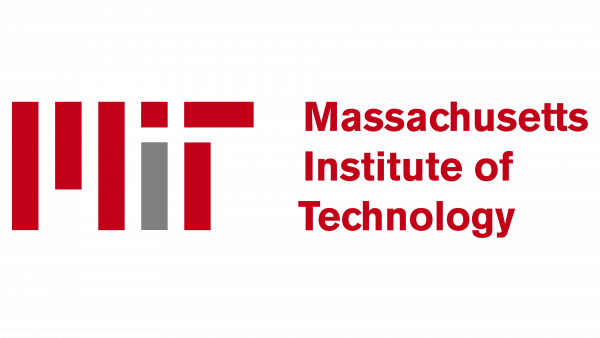The 90-year-old Southeast Tabernacle Baptist Church has been a spiritual refuge in Washington D.C.’s Ward 8 for decades. Ward 8 sees some of the worst inequity in the city, including high rates of poverty, teenage pregnancy and other statistics, according to Pastor Donald Isaac.
“We have a very challenging community,” Isaac says. “We have been fortunate enough to own an entire block, and we have now undergone a process to develop a project we call the First Street Village.”
The plan is to tear down the existing church and replace it not only with a new worship facility, but also with nearly 80 units of rental housing and community space. The non-profit partner to Southeast Tabernacle Baptist Church, the East of the River Clergy Community Partnership (ERCPCP), has received a $50,000 grant as well as capacity-building grants.
Across the country, faith-based institutions like the Southeast Tabernacle Baptist Church are tackling the housing crisis head-on, a movement nicknamed YIGBY, or ‘Yes in God’s Backyard.’ While helping low-income families aligns with the churches’ mission, some see it also as a way to attract members and tap into additional sources of income.
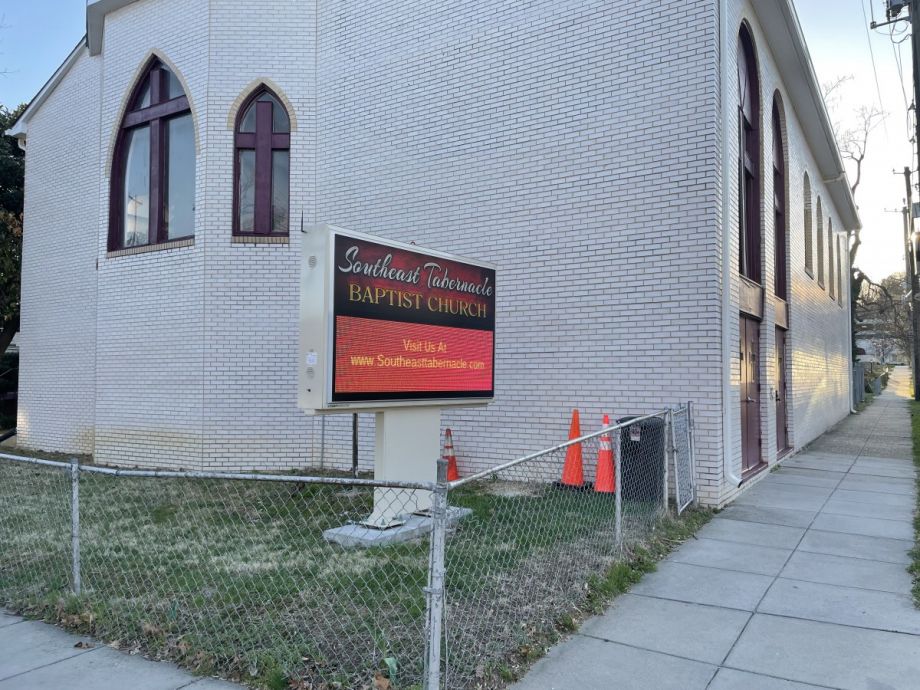
The Southeast Tabernacle Baptist Church in Washington D.C. (Photo courtesy of the S.E. Tabernacle Baptist Church)
One initiative is Enterprise Community Partners, a national nonprofit who describes its mission as increasing the affordable housing supply for millions of families, advancing racial equity and building upward mobility. The nonprofit recently announced $8.5 million in grants from the Wells Fargo Foundation to help houses of worship across the U.S. convert underutilized land into affordable homes and community facilities. The funding will help to create roughly 6,000 affordable homes.
Launched in 2006 in the Mid-Atlantic region, Enterprise’s Faith-Based Development Initiative has helped faith-based organizations to create or preserve more than 1,500 affordable homes and one community-based health clinic. Since 1982, Enterprise has invested $54 billion and created 873,000 homes across all 50 states, the District of Columbia and Puerto Rico.
“This is one creative approach that we have found over the years has some effectiveness,” said David Bowers, Enterprise’s vice president for the Mid-Atlantic Market and senior advisor for the Faith-Based Initiative. “We want to continue to expand to help meet the need, as more resources become available.”
Places of worship not only provide land, Bowers noted, but also a mission-driven perspective.
“So many people around the country need more affordable housing that is healthy and sustainable,” he said. “There’s that alignment of mission, to help and to meet the need.”
In July 2014, the Joint Center for Housing Studies of Harvard University released a study finding that nearly half of all renter households in the United States were cost burdened in 2012.
“The need exists now, it existed yesterday, and it will exist tomorrow to provide more affordable housing to low- and moderate-income folks,” Bowers said. “Unfortunately, this is a prime moment of need.”
Eileen Fitzgerald, Wells Fargo’s head of housing affordability philanthropy, said in a statement, “As community anchors, houses of worship are at the center of so many lives. Working together, we can bring a whole new level of innovation to the housing supply challenge.”
Bowers noted that almost any community has at least one or several houses of worship from various faith traditions, “Many of them have land, whether it’s airspace in a place like New York City, or acres of land in some locations, particularly in some suburban areas.”
Faith-based organizations that participate in the program will gain access to funding, training, technical assistance and peer-to-peer learning.
“The training component is really important to lay a foundation,” Bowers said. “We will also provide technical assistance so houses of worship will have access to a development consultant, who will work with them to help them build out their development concept.”
For Isaac and others, the issue is critical for the faith community. He hopes other faith-based institutions will follow suit. “We hope this is a model for other faith leaders in the district,” he said.
Kristi Eaton is a freelance journalist based in Tulsa, Oklahoma. Her work has appeared in The New York Times, The Associated Press, The Washington Post and elsewhere. Visit her website at KristiEaton.com or follow her on Twitter @KristiEaton.

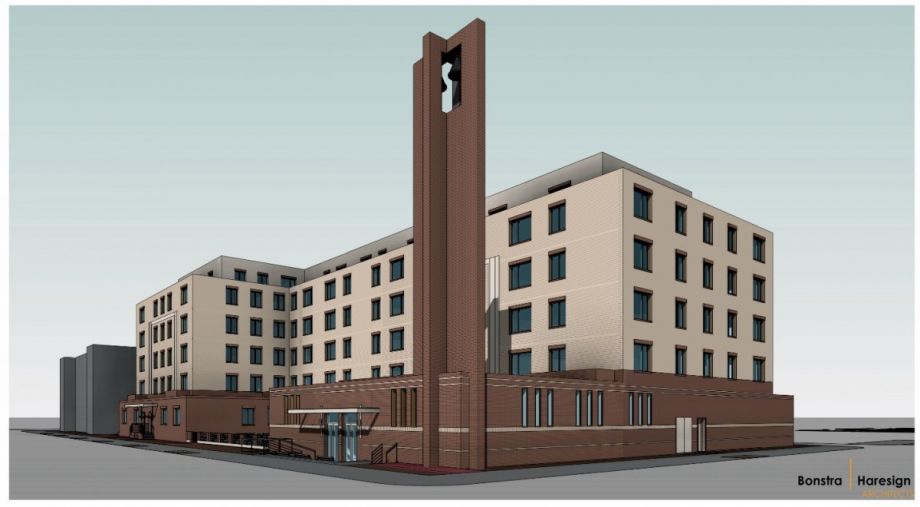

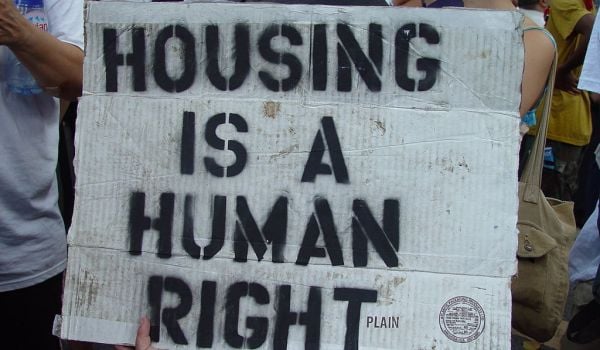
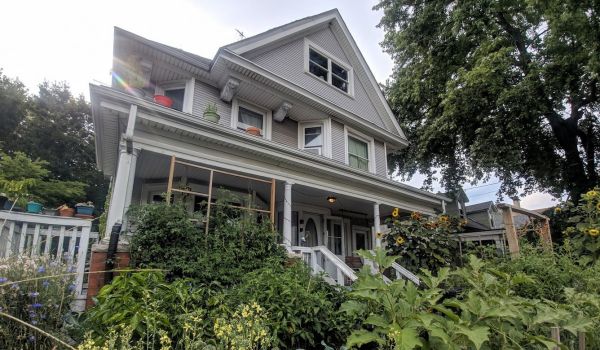
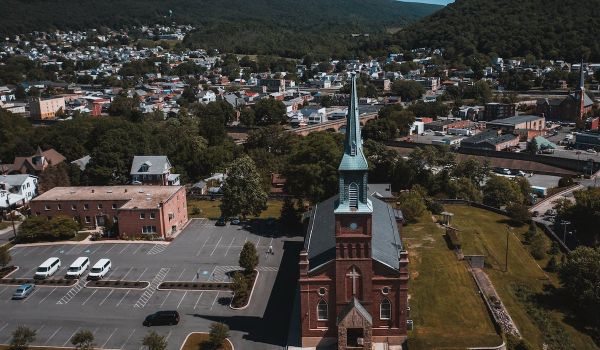
_920_614_600_350_80_s_c1.jpg)

_600_350_80_s_c1.jpg)





